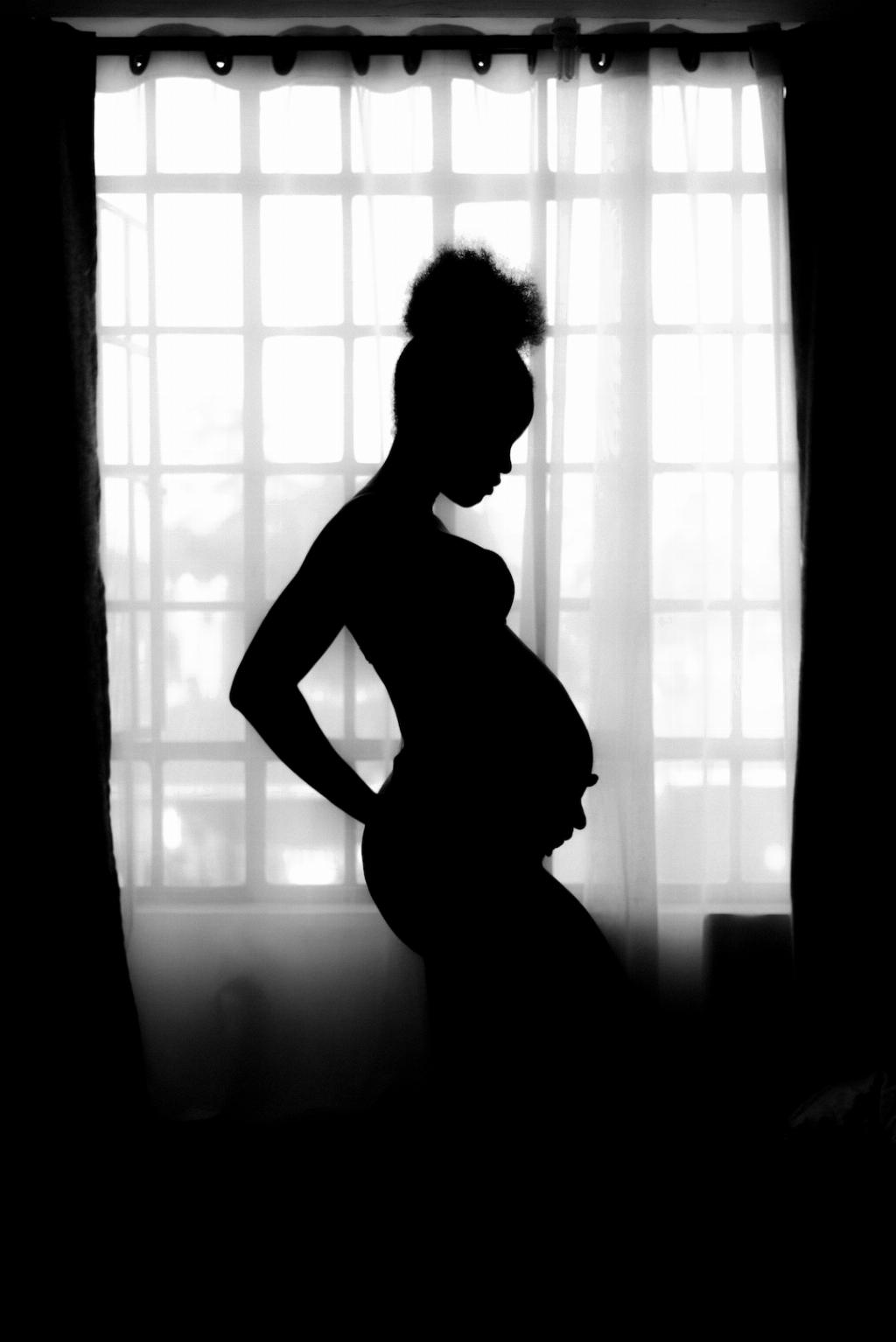One of the earliest forms of pregnancy is a biochemical pregnancy. It occurs when a fertilized egg implants in the uterus, leading to a positive pregnancy test, but unfortunately, the pregnancy ends shortly thereafter, often before the woman even realizes she is pregnant. This type of pregnancy is detected through increasing levels of hCG (human chorionic gonadotropin) in the body.
Importance of Pregnancy Testing
To determine if you have experienced a biochemical pregnancy, taking a pregnancy test is crucial. Home pregnancy tests detect hCG levels in urine, showing a positive result when these levels are elevated. If repeated tests are showing positive results without progressing to a clinical pregnancy, it may indicate a biochemical pregnancy.
Seeking Confirmation from Healthcare Provider
While a positive pregnancy test at home can indicate a biochemical pregnancy, it is essential to consult with a healthcare provider for confirmation. A doctor can conduct blood tests to measure hCG levels more accurately and provide insight into the progression of the pregnancy.
Early Signs and Symptoms
Unlike clinical pregnancies where symptoms like morning sickness or breast tenderness may be present, biochemical pregnancies typically do not manifest physical signs that can be felt or observed. This can make detecting them solely through symptoms challenging.
Understanding Hormone Levels
Hormone levels play a significant role in detecting biochemical pregnancies. A biochemical pregnancy is characterized by an initial rise in hCG levels, indicating pregnancy, followed by a subsequent decline, leading to a negative pregnancy test. Tracking these hormone changes is vital for diagnosis.
Emotional Impact
Experiencing a biochemical pregnancy can be emotionally challenging for individuals hoping to conceive. The mix of excitement from the positive test followed by disappointment can lead to feelings of grief and confusion. It is essential to seek support and understanding during this period.
Health Considerations
While a biochemical pregnancy may not have the same physical impact as a clinical pregnancy, it is crucial to prioritize your well-being during this time. Monitoring any abnormal bleeding or pain and following up with your healthcare provider is important for your overall health.
Talking to Your Partner
Communication with your partner is key when navigating the experience of a biochemical pregnancy. Sharing your feelings, concerns, and fears can strengthen your bond and help both of you cope with the emotional challenges that come with such a situation.
Support and Resources
Seeking support from friends, family, or online communities can provide a sense of belonging and understanding during this difficult time. Sharing your story and listening to others who have gone through similar experiences can offer comfort and perspective.
Future Fertility Considerations
After experiencing a biochemical pregnancy, it is common to wonder about future fertility prospects. It is advisable to discuss any concerns or questions with a fertility specialist who can provide guidance on next steps and potential precautions for future pregnancies.
Self-Care Practices
Engaging in self-care practices such as meditation, exercise, or therapy can help manage stress and promote emotional well-being after a biochemical pregnancy. Taking time to prioritize your mental and physical health is essential in the healing process.
Conclusion
In conclusion, detecting a biochemical pregnancy involves monitoring hCG levels through pregnancy tests and consulting with a healthcare provider for confirmation. While it may not present physical symptoms, the emotional impact of a biochemical pregnancy underscores the importance of seeking support and prioritizing self-care during this challenging time.

